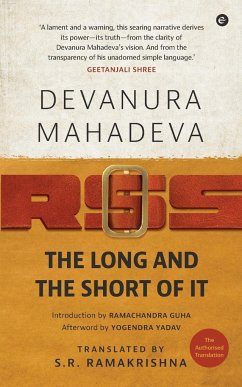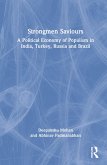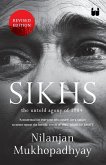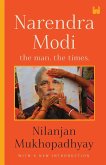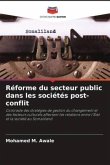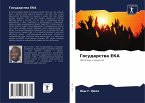About the Book THE RUNAWAY BESTSELLER FROM ONE OF KANNADA LITERATURE'S TALLEST FIGURES What is the Rashtriya Swayamsevak Sangh? Where is it steering India now that a party aligned to it has been in power for an extended period? And importantly, what does it believe in, what does it reject? These are only some of the questions that Devanura Mahadeva explores in this remarkable exposition that marries mythology with modernity and folklores with keen political insight. With characteristic humour, he urges readers: 'When the Koogu Maaris of the RSS arrive at our doors, we should refuse to heed them. Like our people in the villages, we must write "Naale baa" (Come tomorrow) on our doors.' A tract unlike any other, RSS is both a political call to action and a work of outstanding virtuosity. About the Author One of Kannada literature's foremost contemporary writers, Devanura Mahadeva is also a public intellectual whose force of conviction and uncompromising integrity has placed him at the centre of social conversations. As a young student, Devanura was drawn to the Rashtriya Swayamsevak Sangh, which he left to work towards building Karnataka's socialist and Dalit rights movements. Devanura's output as a writer is a small, intense corpus, with every work creating ripples across the Kannada literary firmament. From his short story 'Amasa' (1973), written while he was an MA student, to his novel Kusumabale (1984), which received the Sahitya Akademi Award, or his novella Odalala (1984), every piece of his work is a recognised classic.
Hinweis: Dieser Artikel kann nur an eine deutsche Lieferadresse ausgeliefert werden.
Hinweis: Dieser Artikel kann nur an eine deutsche Lieferadresse ausgeliefert werden.

